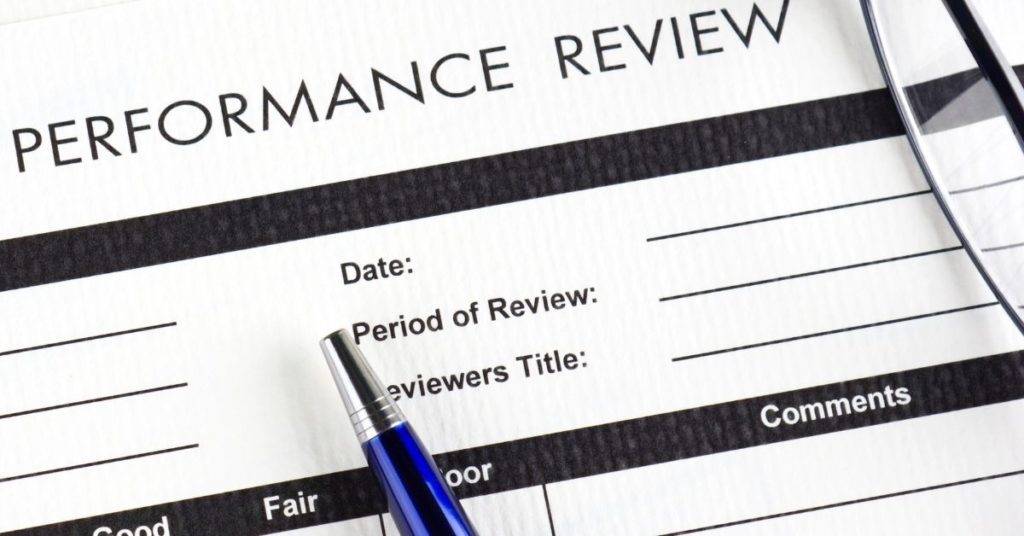Performance Reviews Aren’t Dead

We’ve heard it all before: “Performance Evaluations are dead.” There are a lot of valid reasons; they take too long, they don’t actually change performance, and so on. But there are a lot of organizations who are digging in their heels and sticking with it – and they’re getting good results. Here’s why performance reviews are valuable:
1. Leaders are too busy to be giving constant feedback
Yep, you read that right. Most of the companies aborting their performance review process are replacing it with frequent (some even say instant) one-to-one touch-bases between managers and employees. Totally make sense, right? Well, yes, until business gets in the way. The problem here is that most leaders aren’t just leaders. They’re taking the customer service call, they’re selling your products, they’re quality control before reports go out the door. The first thing to go is that bi-weekly meeting with all of my direct reports. Many front-line managers/supervisors don’t have the resources to ‘just lead’. While great in theory, it’s just not practical.
2. People want to know how they’re doing
One of the top reasons why people get frustrated with their current employer is the lack of communication. Scrapping the review process is unlikely to improve communication between an organization and its workers. A performance review is our chance as leaders to give them the feedback they crave, celebrate their successes, and help guide them toward their goals. Discussing and resolving deeper issues is hard when there is only enough time to talk about anything more than the burning tasks of the week.
3. People need consistency
Yes, agility is key in today’s business environment, but Bob understanding where his role fits in the overall path of the company is also paramount. Frequently adjusting goals, expectations, targets or timelines is exhausting and can send mixed messages about what’s important. Folks like Bob end up feeling confused and frustrated. Setting collaborative, clear, and concise goals during the review process will help to retain and develop your staff.
4. They can reduce risk
When it comes time to transition an individual to a new role, the first thing your attorney will ask you for is his/her documented performance review. Again, many of our drinking-from-a-firehouse leaders aren’t able to produce a complete performance history. They just don’t have the time. Taking time once or twice year to talk about and document performance can help to paint a picture of what’s going well and what needs to change.
5. Improve your leadership
One of my favorite things to ask my direct reports is, “What can I do to help you become more successful?”. There are most certainly things that I could be doing differently to remove barriers and guide them towards success. If you don’t stop once or twice a year to ask, you may be missing out on valuable suggestions and feedback from your people. It can be difficult to get to this in-depth during mini one-on-ones.
While you can see there are many reasons your organization should retain a formal performance evaluation process, be certain to ensure it’s as valuable process as possible for the team and the organization. Check back soon for an update about how to make your company’s review process best-in-class and worth every minute you and your team spend on it.
About the Author: Lisa Cooper is an HR Business Partner at HR Collaborative. To learn more about Lisa, connect with her on LinkedIn.
Our Most Recent Articles

Employers to Benefit from New Kinexus Group Acquisition of HR Collaborative
The team at Kinexus Group announced today that they have officially acquired HR Collaborative, a west Michigan-based, women-led community of fractional HR professionals, to meet unmet demand and to serve more employers than ever before.































































































